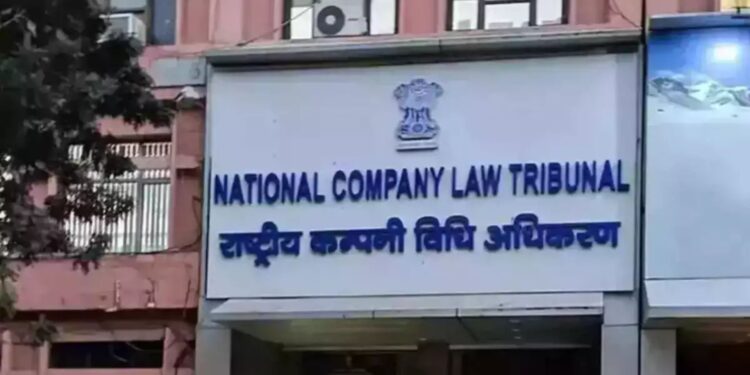The National Company Law Appellate Tribunal (NCLAT) on Wednesday upheld an order of the National Company Law Tribunal (NCLT), dismissing an insolvency petition filed by Law & Kenneth Saatchi & Saatchi against Patanjali Paridhan, the clothing division of Patanjali. The case revolved around a dispute over a no-objection certificate (NOC) that prevented Patanjali from registering the copyright for a television commercial (TVC) created by the ad agency.
Dispute Over the NOC
The advertising agency alleged that Patanjali owed ₹1.19 crore as the outstanding balance for creating the commercial in 2019. However, Patanjali argued that the agreement stipulated the issuance of an NOC by the agency to register the copyright for the commercial. The failure to provide the NOC, despite repeated requests, led Patanjali to withhold payment and refrain from using the TVC.
Tribunal’s Observations
The NCLAT bench, comprising Justice (Retd.) Yogesh Khanna (Judicial Member) and Ajay Das Mehrotra (Technical Member) upheld the NCLT’s finding that the dispute over the NOC constituted a pre-existing dispute under the Insolvency and Bankruptcy Code (IBC).
“In the facts and circumstances of the case, it is undisputed that the Corporate Debtor (Patanjali) was demanding an NOC from the Operational Creditor (Law & Kenneth Saatchi) through various emails and legal notices to enable it to register the copyright of the TVC. The Operational Creditor failed to provide this NOC,” the Tribunal stated.
Case Background
Patanjali Paridhan engaged Law & Kenneth Saatchi & Saatchi in 2018 to create an advertisement for its clothing brand. After delivering the TVC, the agency raised a final invoice for ₹2.06 crore. Out of this amount, ₹87.5 lakh was paid as an advance, leaving an unpaid balance of ₹1.19 crore.
The agency claimed it sent multiple reminders for payment, to no avail, and eventually filed an insolvency petition under Section 9 of the IBC in 2019.
Patanjali countered that the contract was complete with the NOC, and its repeated requests for the certificate were ignored. The company also emphasized that the advertisement was never used due to this unresolved issue.
Rulings by NCLT and NCLAT
In May 2023, the NCLT at Allahabad dismissed the insolvency petition, holding that the NOC dispute predated the issuance of the Section 8 notice under the IBC, making it a “pre-existing dispute.” Law & Kenneth Saatchi appealed the decision, arguing that the unpaid balance was evidence of default by Patanjali.
The NCLAT agreed with the NCLT’s findings, noting that the correspondence between the parties confirmed the existence of the dispute before the insolvency notice.
The correspondence and dispute regarding the issuance of the NOC is before the issuance of notice under Section 8 of the IBC and thus qualifies to be treated as a ‘pre-existing dispute.’ These are valid grounds for rejection of the application under Section 9 of the IBC,” the NCLAT held.
Key Takeaways
The NCLAT emphasized that the IBC is designed to resolve genuine cases of insolvency and is not a tool for settling contractual disputes. The Tribunal stressed that where a pre-existing dispute exists, the insolvency process cannot be invoked to recover dues.
The appellate body also noted that amendments to the IBC were intended to protect businesses from being dragged into insolvency proceedings when the debt arises out of a contractual disagreement.
Final Outcome
The NCLAT dismissed the appeal filed by Law & Kenneth Saatchi & Saatchi and upheld the NCLT’s ruling, confirming that the insolvency plea was inadmissible due to the pre-existing dispute.
Representation
Law & Kenneth Saatchi & Saatchi: Advocates Anirudh Krishan Gandhi and Anushree Poddar.
Patanjali Paridhan: Advocates Rohit Gandhi and Smita Jain.
The decision reinforces the importance of addressing contractual obligations, such as the issuance of an NOC, before seeking relief under the IBC. It also underscores that the presence of a pre-existing dispute invalidates an insolvency petition, highlighting the legislative framework’s focus on resolving genuine financial distress rather than contractual disagreements.

















